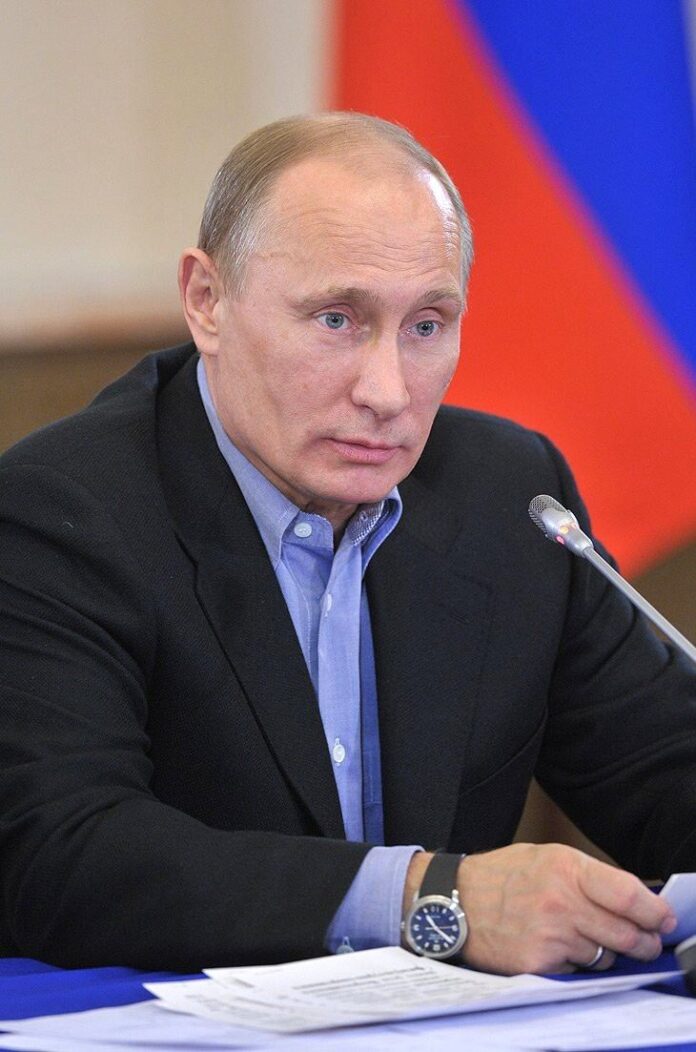MOSCOW, June 23, 2025 – Russian President Vladimir Putin warned on Monday that the recent U.S. attacks on Iran’s nuclear facilities are driving the world toward a highly dangerous situation. He described the actions as “unjustified” and expressed Russia’s willingness to assist the Iranian people, though he did not specify how.
Putin criticized public remarks by U.S. and Israeli leaders suggesting the possibility of targeting Iran’s Supreme Leader Ayatollah Ali Khamenei and pushing for regime change—moves Moscow believes could ignite a major regional conflict.
He made the comments during a meeting at the Kremlin with Iranian Foreign Minister Abbas Araqchi. Also present were Russia’s Foreign Minister, a senior Kremlin aide, and the head of military intelligence. Putin called the military action against Iran “absolutely unprovoked” and said he hoped to discuss de-escalation efforts. He emphasized that Russia is working to support the Iranian population.
Araqchi reportedly carried a letter from Iran’s supreme leader addressed to Putin, seeking expanded support. While there was no official confirmation of the letter’s contents, Araqchi conveyed greetings from Iran’s leadership.
Later, during a meeting with military recruits, Putin referred to the growing instability in the Middle East and highlighted the increasing involvement of powers from outside the region. While he did not directly name the United States, he cautioned that such interference is pushing the world “to a very dangerous line.”
Sources from Iran indicated dissatisfaction with the level of support received from Moscow and said Tehran hopes for stronger backing against mounting pressure from both the U.S. and Israel. The nature of the assistance Iran is requesting remains unclear.
Despite Russia’s ongoing conflict in Ukraine, which has stretched its military resources, there is internal pressure within Russia for stronger support to Iran—potentially including air defense systems, missile technology, and satellite intelligence, similar to the assistance Western nations have provided to Ukraine.
Though Russia and Iran signed a long-term strategic agreement earlier this year, the document lacks any mutual defense guarantees. Russia has also reiterated its stance against the development of nuclear weapons by Iran, warning that such a step could spark a broader nuclear arms race in the region.
In recent discussions at the U.N., Russia, along with two other countries, proposed a resolution calling for an immediate and unconditional ceasefire in the Middle East in response to the escalating violence. A senior Russian diplomat criticized what he described as a repeat of past mistakes, referencing past military interventions justified by unfounded claims. He argued that millions in the region are once again at risk due to aggressive foreign policy decisions.
The situation remains tense as global powers weigh their next moves in an already volatile region.



